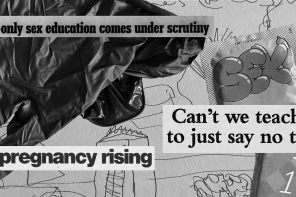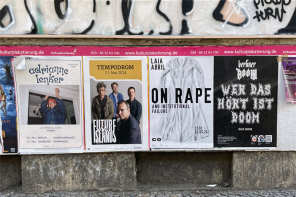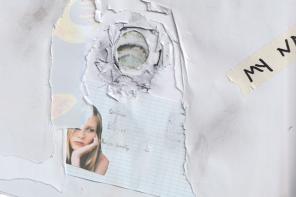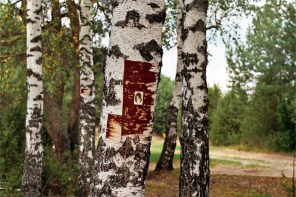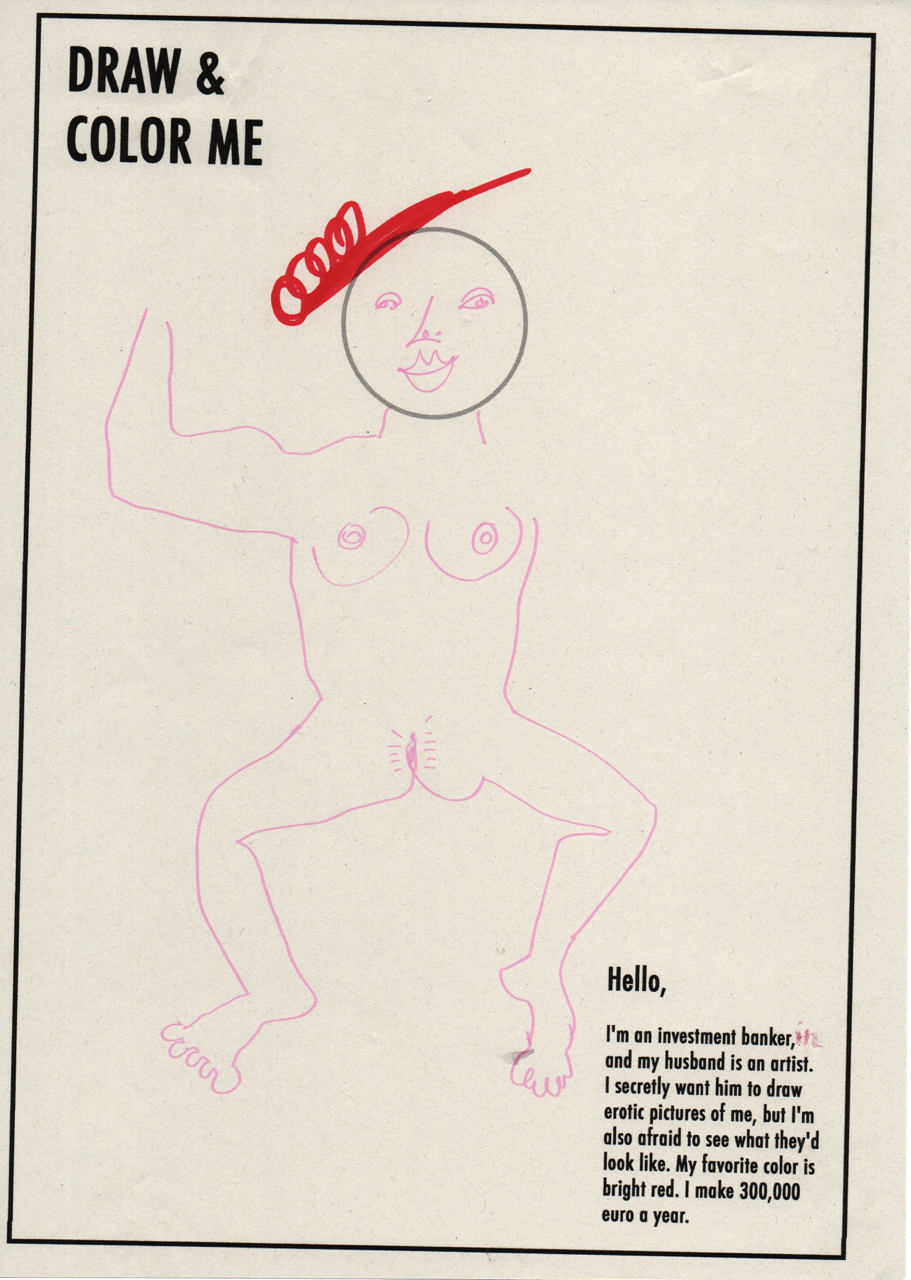On May the sixteenth, I went with my friends for drinks. Don’t misunderstand me. I didn’t go to have a good time, like I usually do; I didn’t go for a chit-chat, to get tipsy, to spend the evening with people whose company I usually enjoy. I went to drink enough alcohol to become numb. I wanted to get smashed and forget.
On May the sixteenth, we attended the demonstration against the new proposal of abortion law. The current conservative government wants to derogate the 2010 law, that allowed the woman to get an abortion freely until the 22nd week, and change it for the 1985 law, that makes abortion only legal in cases of rape, incest, and malformations.
When we joined the protest, it was already quite late. We were five girls and a guy who left immediately. It was supposed to take place in front of the People’s Party headquarters, but the police only let us stay across the street. We couldn’t take the road either, we had to stay in the sidewalk. The attendees looked uneasy, making their minds about shouting or chanting.
It was a pretty chilly evening, and I could see people turning their collars and awkwardly huddling to keep warm. The crowd was composed mostly of middle-aged and elderly women, with some teenagers and, to my delight, pregnant women. Men were almost nonexistant: we could spot a couple of embarrassed husbands here and there, and there was a young punk just in front of us. That was all.
The riot police looked relaxed. They were making a barrier arm in arm, a standard procedure in most demonstrations, but they were not tense. They mostly smiled and joked at our chants. Some of them catcalled us, or gave us grades (look at this one, punk girls are the freakiest in bed, oh my god look at that monster). They leered and laughted. All of them were men.
Without warning, the barrier broke. I don’t know who started it, but suddenly the wall of policemen gave away and we bursted onto the street. Some of the elderly ladies and the pregnant women sat down in the middle of the road. Other women joined, but cautiously; a hurt senior citizen or a pregnant woman look very bad in the press, a bloodied young person not that much.
The policemen were caught by surprise. It was clear that they did not know how to react to us: they listened to the walkie-talkies and left us alone, for a while. Unlike other occasions, they had not cut the mobile networks, and we could upload the pics we were taking.
Finally they made us leave, taking a side street. I could hear a man shouting that we should go and protest in front of the house of the current Minister of Justice, Alberto
Ruiz Gallardón, known by his very conservative views on abortion. The crowd of people headed there, and we found ourselves joining it. We marched to protest
On cue, the Not-So-Secret Police materialized out of thin air. Young and middle-aged men in nondescript clothes that did not conceal their muscles joined us, yelling and calling for violence. None of them carried a sign.
When ten minutes later violence broke, we left as fast as we could. I remember a young guy we ran into, who yelled at us “Why don’t you respect the police? Respect the cops, damn!
I remember the frustration and the anger, the urge to fight back, to tell him the things that had been said to us. I remember that I decided to not make more trouble and leaving. I remember walking into a bar, a stone in my stomach, to go drinking with the others to forget. Eventually, I relaxed, and I stopped fighting back tears. I could join the others in conversation, change the topic, sort of enjoy the evening.
Looking back, I can see that evening as one of the tipping points in my worldview, and I started considering seriously the dynamics of class, gender and race. The truth is, it is harder to see discrimination if you have privilege. The men yelling at us didn’t consider themselves sexist. They probably just saw shrieking women. Angry women who come disturb their peaceful afternoon. The rich men calling us punks didn’t consider themselves classist: they just saw weirdly dressed, scary people.
As people raised in this white, Western, capitalist society, we all have to unlearn the privileges that are our blinders. The blinders that don’t allow us to see the plight of people of a different gender, appearance, race, religion or social class. And that’s why feminism –intersectional feminism- is important: to make people aware of their own oppressive behaviours and lift barriers between the people. Because I think it’s possible, Because I hope that, one day, these men will understand.
by Esther Nelke

